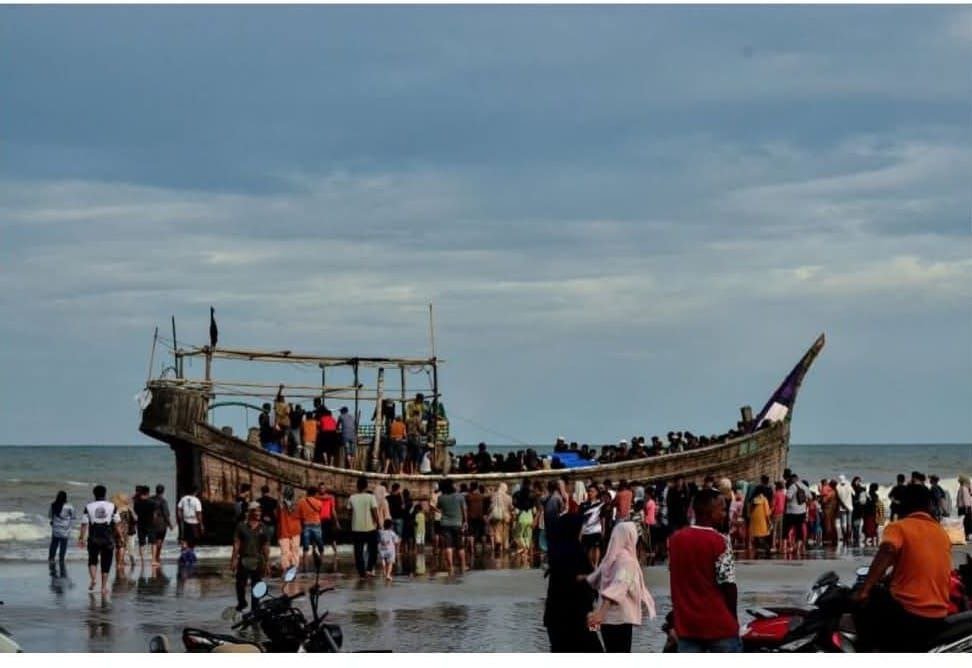Border News Agency
Cox’s Bazaar, 24 May 2025
The UN Refugee Agency (UNHCR) has reported that at least 427 Rohingya refugees are feared dead after two overcrowded boats sank in early May, marking the deadliest maritime disaster involving the Rohingya so far this year.
According to UNHCR, the first tragedy occurred on 9 May when a vessel carrying 267 people sank, leaving only 66 survivors. A day later, another boat with 247 passengers capsized, with just 21 rescued. On 14 May, a third boat carrying 188 individuals was intercepted while attempting to depart from Myanmar.
The passengers on board were mainly Rohingya refugees from Bangladesh’s Cox’s Bazar camps and internally displaced persons (IDPs) from Rakhine State in Myanmar. Facing increasing insecurity, drastic cuts in humanitarian aid, and deteriorating living conditions, many are resorting to desperate and dangerous sea journeys to seek safety elsewhere, even during the perilous monsoon season.
UNHCR warns that nearly 1 in 5 Rohingya who attempt sea crossings this year have died or gone missing, highlighting the Bay of Bengal and the Andaman Sea as among the deadliest routes for refugees in the world.
“This crisis is a result of both deep-rooted persecution and the lack of adequate support in places where Rohingya seek refuge,” said Hai Kyung Jun, UNHCR’s Director for Asia-Pacific. “The current funding shortfall and protection gaps are forcing people to risk their lives at sea.”
UNHCR is calling on countries in the region to urgently meet their international obligations by conducting timely sea rescues and offering protection to refugees. The agency also urges the international community to step up support and ensure Rohingya are safe where they are.
For 2025, UNHCR requires $383.1 million to continue its operations supporting Rohingya across Bangladesh, Myanmar, and Southeast Asia. However, only 30% of the required funding has been secured so far.
“Without immediate international action, more lives will be lost,” the agency warned. “The Rohingya remain one of the world’s most vulnerable and stateless populations. They need solidarity and action, not silence.”






